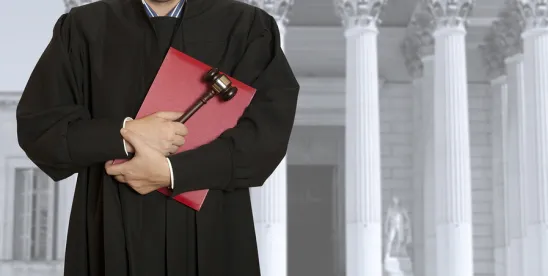Pursuant to New York Civil Practice Law and Rules § 306-b, a plaintiff is required to serve a summons and complaint within 120 days of commencing an action. Although a court may grant an extension of this deadline for good cause shown or in the interests of justice, Judge Richard M. Platkin recently found that neither justified an extension of the plaintiff’s time to serve its summons and complaint in Plank, LLC v. Dutch Village, LLC, et al., 62 Misc. 3d 1220(A) (N.Y. Sup. Ct. Feb. 7, 2019). In that case, the Court rejected any argument that the plaintiff’s failure to serve the complaint was excused by its pro se status, especially given that New York prohibits limited liability companies like the plaintiff from appearing pro se.
In Plank, the plaintiff was a general contractor hired by the defendants to complete construction on five apartment buildings. Alleging that the defendants suddenly and without justification stopped payment under the operative agreements, the plaintiff filed a mechanic’s lien against the defendants before filing an action in the Commercial Division to foreclose on the lien. Although Plank first appears to be a garden variety mechanic’s lien and breach of contract case, complications arose after the plaintiff failed to serve the defendants with the summons and complaint before the 120-days provided by CPLR § 306-b expired. The plaintiff then filed a motion for a nunc pro tuncextension of time to complete service of process, arguing that because of the plaintiff’s pro se status, it was unaware of the requirements under CPLR § 306-b. In response, the Court denied the plaintiff’s motion and dismissed the complaint.
Critical to the Court’s decision was the fact that the plaintiff was precluded from appearing pro seunder the CPLR. Specifically, CPLR § 321(a) provides that a party “may prosecute or defend a civil action in person or by attorney, except that a corporation or voluntary association shall appear by attorney.” Thus, as a limited liability company, the plaintiff was compelled to appear by a licensed attorney in connection with its lawsuit. Even though the plaintiff later obtained counsel, the Court found that any excuse for non-compliance with the requirements of CPLR § 306-b flowed directly from its failure to obtain “the benefit of counsel” as required by CPLR § 321(a). In other words, the plaintiff’s failure to comply with the requirement that it serve its complaint within 120-days was a product of its own making. As a result, plaintiff’s motion was denied and its complaint was dismissed, highlighting the need for corporations and other business entities to always appear by licensed counsel.



 />i
/>i

